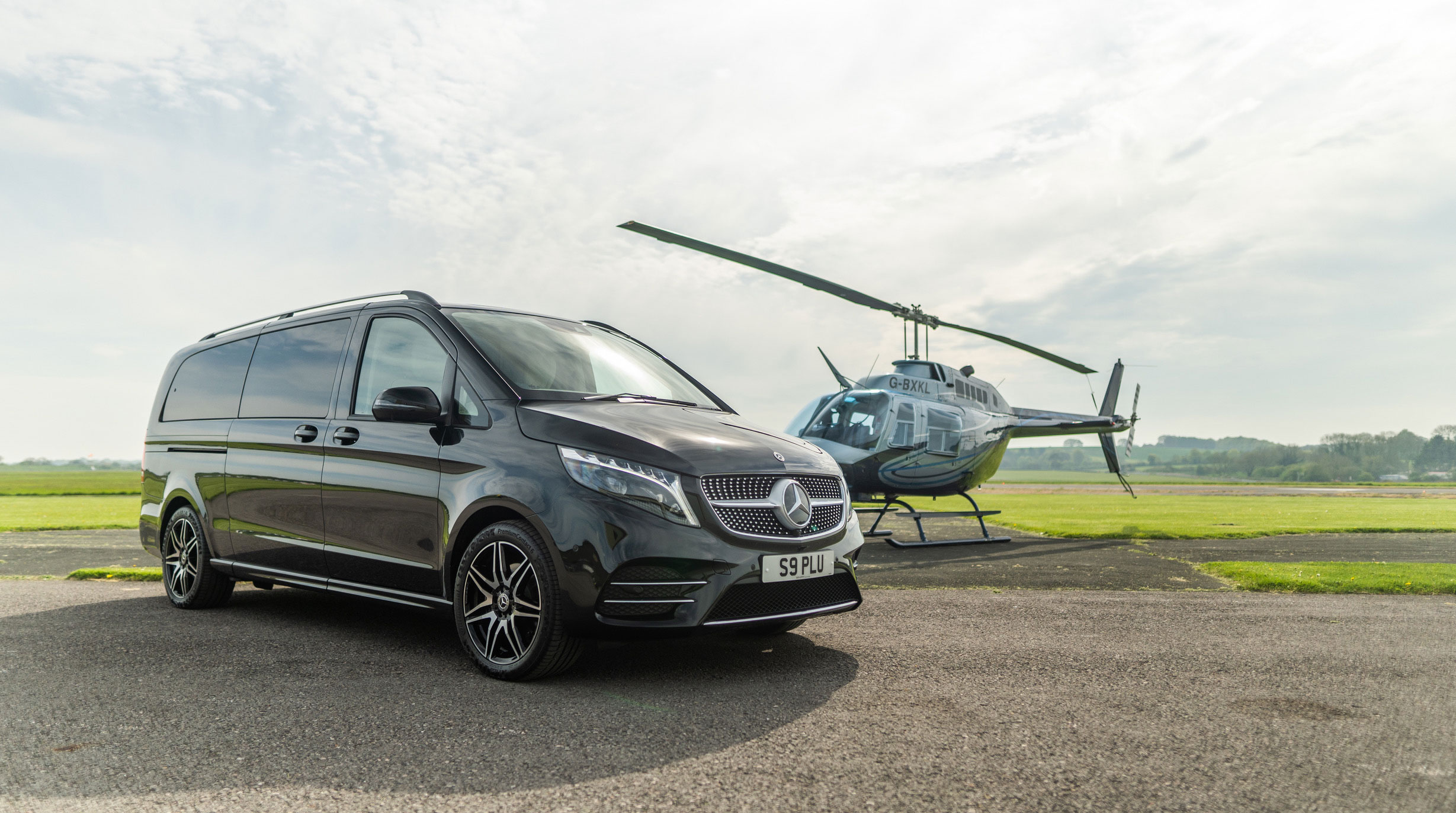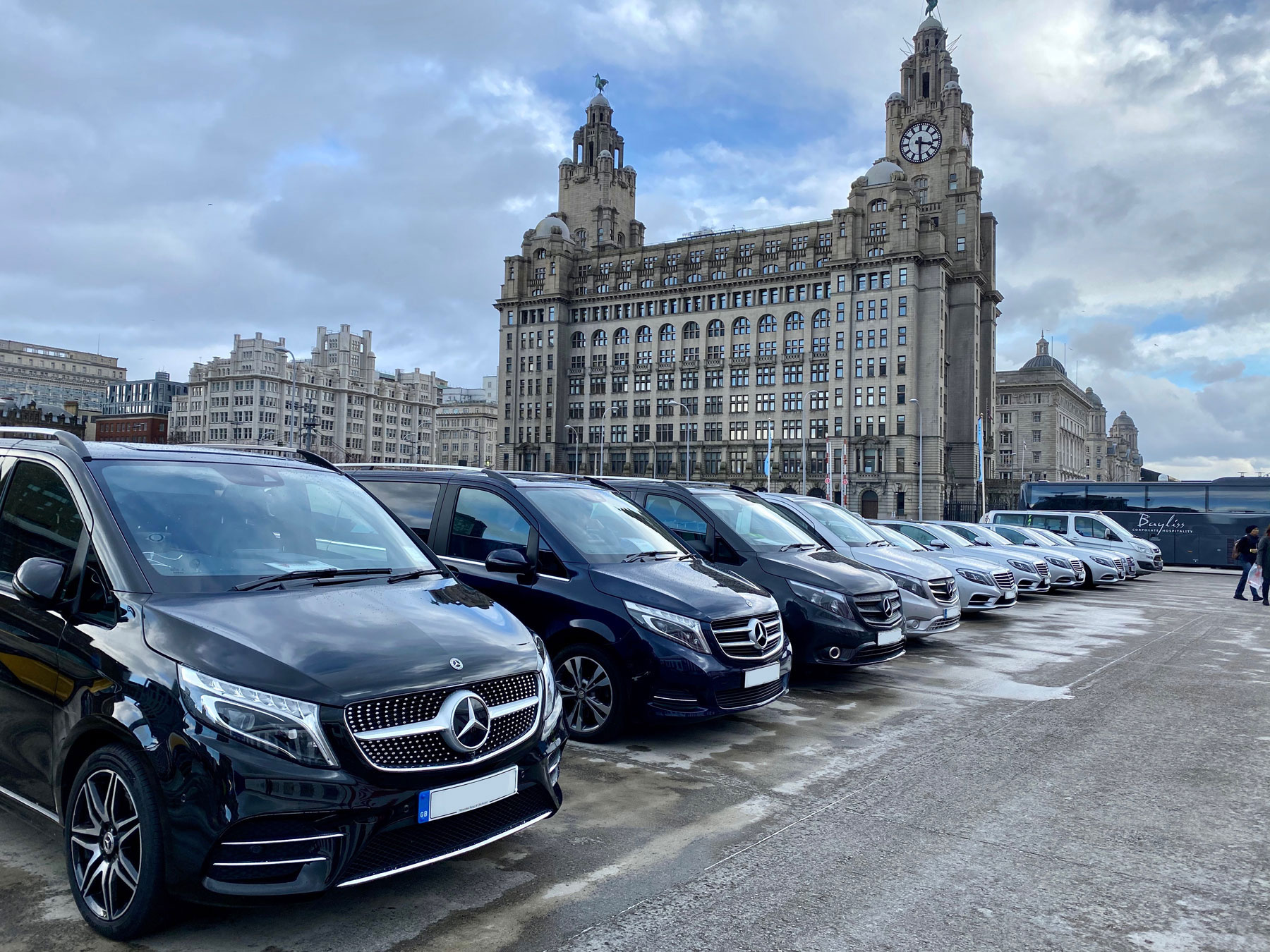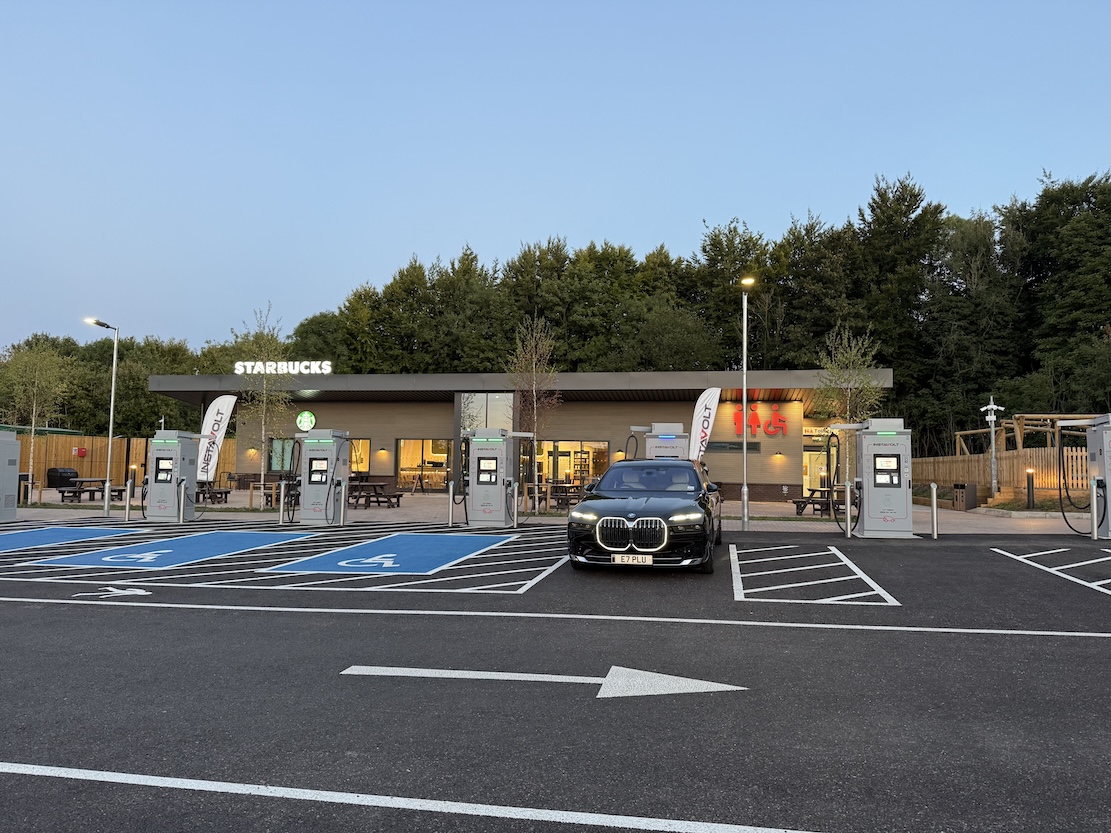Charge, Sip, Go — BMW i7 at InstaVolt Winchester (and what it really costs vs diesel)
“BMW i7 charging at InstaVolt Winchester on the A34 with Starbucks in background — Plus Chauffeurs EV pit stop.”
Here’s chauffeur life at 06:30: our BMW i7 rolls into InstaVolt Winchester on the A34, plugs into a high-power charger, and—crucially—parks within espresso-distance of Starbucks. Ten minutes later the car has gained meaningful range, the chauffeur has a flat white, and our client is stretching their legs before the next leg. Not exactly rock ’n’ roll… but wonderfully efficient.
Electric chauffeur travel works best when you treat it like good logistics: plan the hub, time the top-up, keep the day moving. Winchester ticks the boxes—reliable kit, easy access, clear pricing, amenities. We don’t aim to fill the battery from empty; we add just enough “go” at a quiet, well-located hub and let the route do the rest.
Because everyone asks “what does it actually cost?”, we’ve turned the numbers into simple pence-per-mile figures below—using a sensible i7 planning consumption (about 0.338 kWh per mile). We compare home charging at 27p/kWh, InstaVolt Winchester’s current tariffs, and GRIDSERVE London Gatwick Electric Forecourt® (handy for airport days). Then we put those up against typical Mercedes diesel figures to see who wins at the till.
Short answer: at home or on off-peak/public app rates, the i7 is very competitive—often cheaper than a V-Class and comparable with an efficient E-Class. At higher “walk-up” contactless rates, diesel can win on pure £/mile. That’s why we plan the tariff as carefully as the route.
If you’re choosing the best fit for your journey, explore Our Vehicles — including Electric Vehicle, Saloon Car, Estate Car, Luxury MPV and Senzati Jet Class.
















